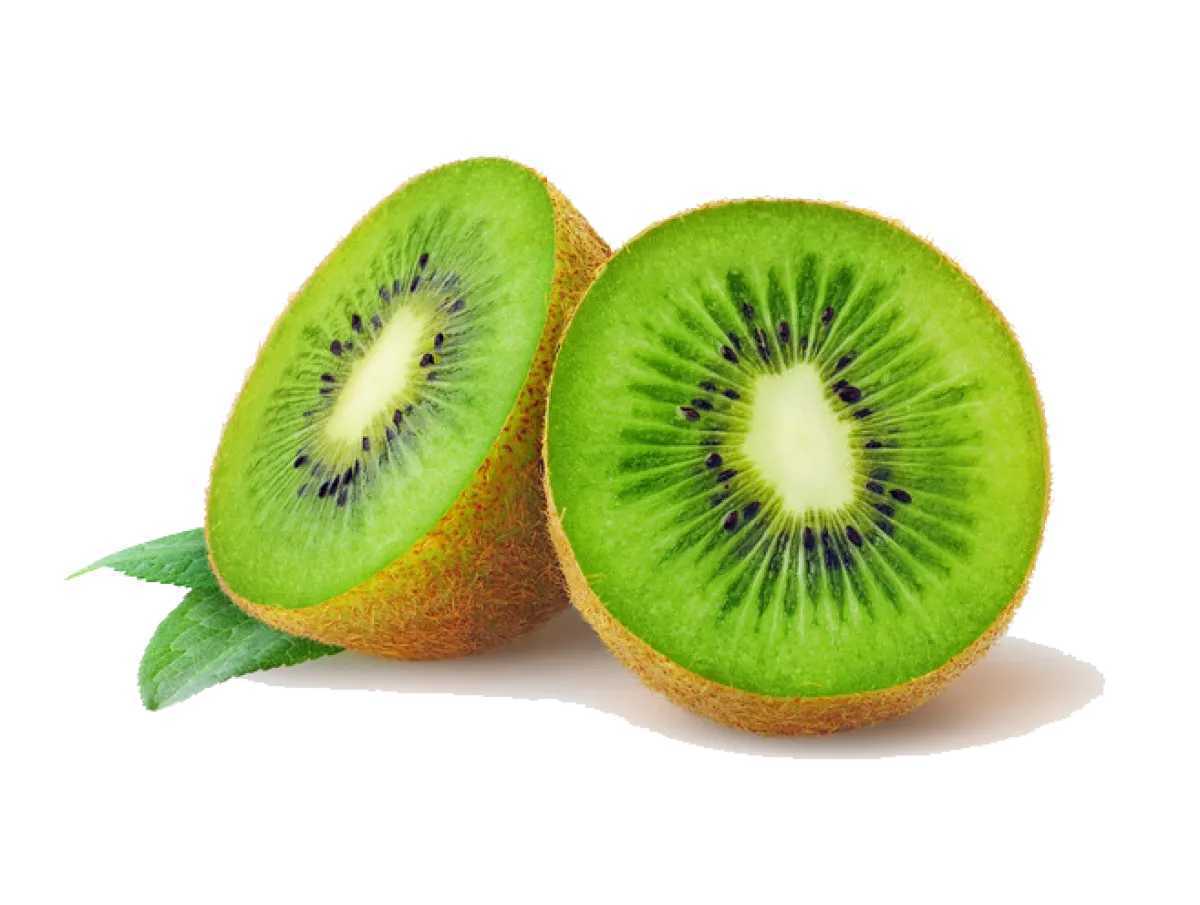Introduction
Before going to the best fruits for mucus, we must know little about the mucus. Mucus refers to the thick, slippery fluid produced by the mucous membranes that line various organs and passages within the human body. Mucus is a natural secretion that plays several important roles in maintaining health and function. It serves as a protective barrier, helps trap and remove foreign particles and microorganisms, moisturizes tissues to prevent them from drying out, and contributes to immune defense. In the respiratory system, excess mucus production can lead to symptoms such as coughing and congestion. Overall, mucus is a crucial component of the body’s defense mechanisms and physiological processes.
Functions Of Mucus
The functions of mucus in the human body include:
1. Protection: Mucus acts as a protective barrier on the surfaces of various organs, particularly in the respiratory and digestive systems. It helps trap and prevent the entry of harmful microorganisms, dust, and foreign particles.
2. Moisturization: Mucus helps keep tissues moist, preventing them from drying out. This is especially important in areas like the respiratory tract, where moisture is needed for optimal functioning.
3. Trapping and Removal: Mucus traps debris, bacteria, and other particles, allowing cilia (hair-like structures) in certain tissues to move in coordinated waves, pushing the mucus along with trapped particles out of the body. This helps to clear the airways and prevent infections.
4. Digestive Function: In the digestive system, mucus lubricates and protects the lining of the stomach and intestines. It aids in the process of digestion and the movement of food through the digestive tract.
5. Immune Defense: Mucus contains antibodies, enzymes, and other components of the immune system. These elements help neutralize or destroy pathogens, contributing to the body’s defense against infections.
Overall, mucus is a vital substance that supports various physiological functions, maintains the health of organs and tissues, and plays a crucial role in the body’s defense mechanisms.
Fruits That Help Maintain Mucus Balance in Our Body
Our bodies produce mucus as a natural defense mechanism to protect and lubricate our respiratory and digestive systems. While an adequate amount of mucus is essential for our overall health, an imbalance can lead to discomfort and various health issues. Incorporating certain fruits into our diet can help maintain a healthy mucus balance and support our body’s natural functions.

1. Citrus Fruits
Citrus fruits like oranges, lemons, and grapefruits are rich in vitamin C, which is known for its immune-boosting properties. Vitamin C helps reduce excess mucus production and supports the body’s ability to fight off infections.
2. Berries
Strawberries, blueberries, and raspberries are packed with antioxidants that help reduce inflammation in the body. Inflammation can contribute to excessive mucus production, so incorporating these delicious fruits into your diet can help maintain a healthy mucus balance.
3. Pineapple
Pineapple contains an enzyme called bromelain, which has been found to have anti-inflammatory properties. Bromelain helps break down mucus and supports respiratory health. Enjoying fresh pineapple or adding it to smoothies can be a tasty way to promote mucus balance.
4. Apples
Apples are a great source of fiber, which aids digestion and helps maintain a healthy gut. A healthy gut contributes to overall well-being and can help regulate mucus production in the body.
5. Kiwi
Kiwi is packed with vitamin C, vitamin E, and antioxidants, all of which support a healthy immune system. A strong immune system can help regulate mucus production and prevent excessive mucus buildup.
Incorporating these fruits into your daily diet can help maintain a healthy mucus balance in your body. Remember to consult with a healthcare professional for personalized advice if you have any specific health concerns or conditions.
Frequently asked questions (FAQs) along with brief answers:
1. What is the purpose of mucus in the body?
Mucus serves as a protective barrier, trapping and removing particles, moisturizing tissues, aiding in digestion, and contributing to immune defense.
2. Are there fruits that can help with mucus production?
Certain fruits like pineapple, citrus fruits, berries, kiwi, and watermelon are thought to have properties that may support respiratory and immune health.
3. How does hydration affect mucus health?
Staying well-hydrated is essential for maintaining healthy mucous membranes. It helps keep mucus thin and supports overall respiratory health.
4. What causes excessive mucus production?
Excessive mucus can result from infections, allergies, irritants, or underlying health conditions affecting the respiratory or digestive systems.
5. Can spicy foods help with mucus congestion?
Some people find relief from mucus congestion by consuming spicy foods, as they may help thin mucus and promote drainage.
6. Is mucus production different in the respiratory and digestive systems?
While the purpose is similar, the types of cells and specific functions of mucus can vary between the respiratory and digestive systems.
7. Are there foods to avoid for managing mucus?
Dairy products, certain fatty foods, and foods that trigger allergies can sometimes contribute to increased mucus production for some individuals.
8. How does smoking affect mucus production?
Smoking irritates the respiratory tract, leading to increased mucus production. It can also damage cilia, impairing the clearance of mucus.
9. Can mucus color indicate illness?
The color of mucus can provide clues about the presence of infections. Green or yellow mucus may indicate the presence of white blood cells, often seen in infections.
10. Is it normal to have mucus in the throat every day?
It’s normal to have a small amount of mucus in the throat. Persistent or excessive mucus may indicate an underlying issue and should be evaluated by a healthcare professional.
11. How can I manage mucus-related symptoms?
Staying hydrated, consuming a balanced diet, using humidifiers, and avoiding irritants are general strategies. Consult a healthcare professional for personalized advice based on your specific symptoms.
















